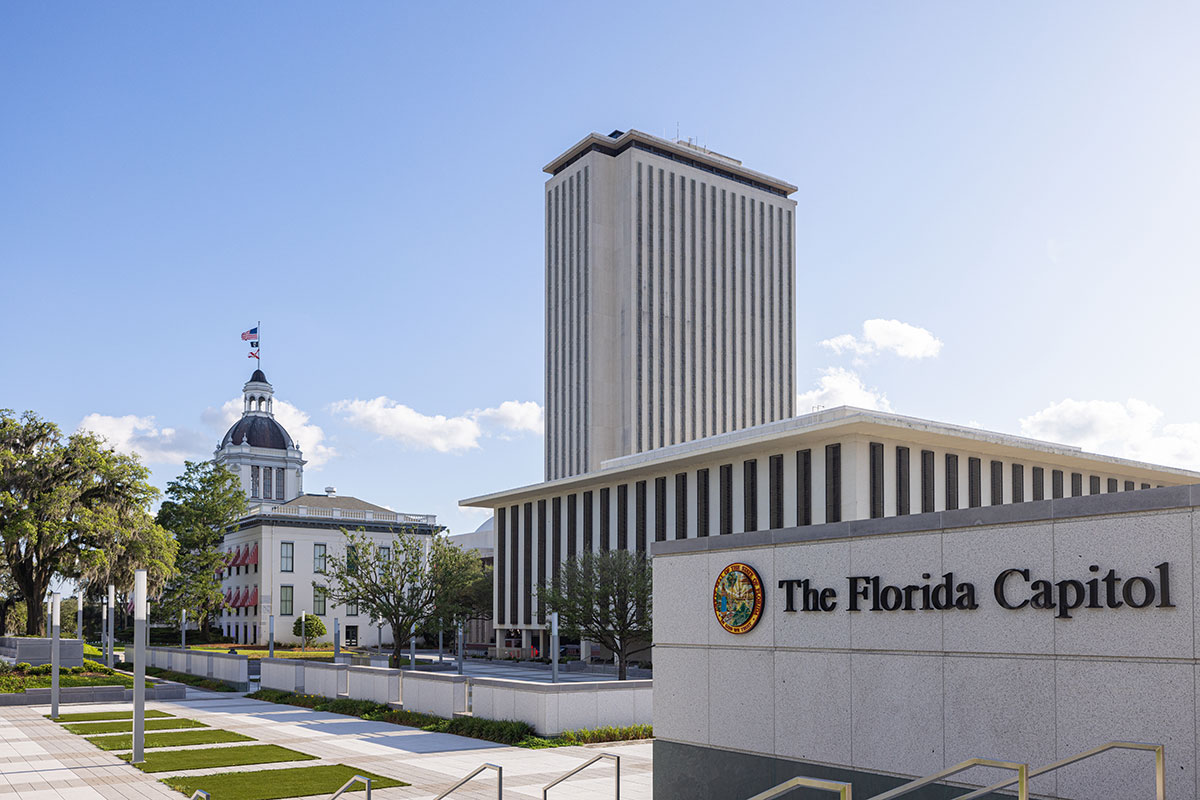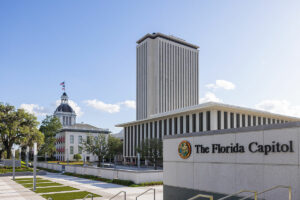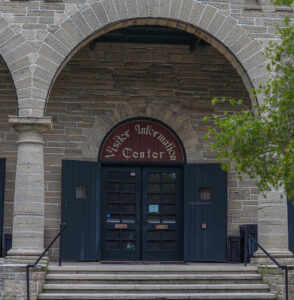St. Augustine Commission Gets Brief on Legislative

With the state legislative session in full swing, local governments are keeping a close eye on proposed bills in Tallahassee. And the St. Augustine City Commission is no exception.
At the body’s Feb. 12 meeting, City Attorney Isabelle Lopez provided commissioners with a detailed list regarding the status of several pieces of legislation under consideration. While Lopez did not make a presentation on the legislative session, Commissioner Barbara Blonder had questions about some of the pending bills, including ones that regulate municipalities’ ability to charge higher utility rates on customers outside the city limits, and bills that would impact the city’s planning and building departments.
On the utility issue, Assistant City Manager Meredith Breidenstein said the city currently adds an 18% surcharge on utility customers living outside the city limits.
“If we went from the current 18% to zero, that would be about $1.4 million to the utility fund,” Breidenstein said. “If we go from 18% down to zero there certainly would be a budgetary impact.”
Asked by Blonder if the city would have to consider raising utility fees for residents and business owners, Breidenstein said “I would anticipate there would be an increase.”
Blonder also was concerned with legislation that would reduce the time staff in the planning and building department would have to review new projects.
“As I understand it based on this, we have to establish in writing minimum requirements for submittals for different types of applications,” said Director of Planning and Building Amy Skinner. “We would have to respond to a submittal within five days to acknowledge we received it and we have 30 days to make any comments. If we don’t meet those time frames we have to start remitting the permit fees by percentages depending on the days.”
Another issue raised by Blonder deals with buffer zones and the city’s ability to maintain its conservation overlay areas if local regulations require a larger buffer zone than the state environmental protection agency or the water management district.
“I hope our environmental organizations will get wind of this and rally their forces to try to let their elected representatives at the state know this is a terrible idea, quite frankly,” Blonder said.







